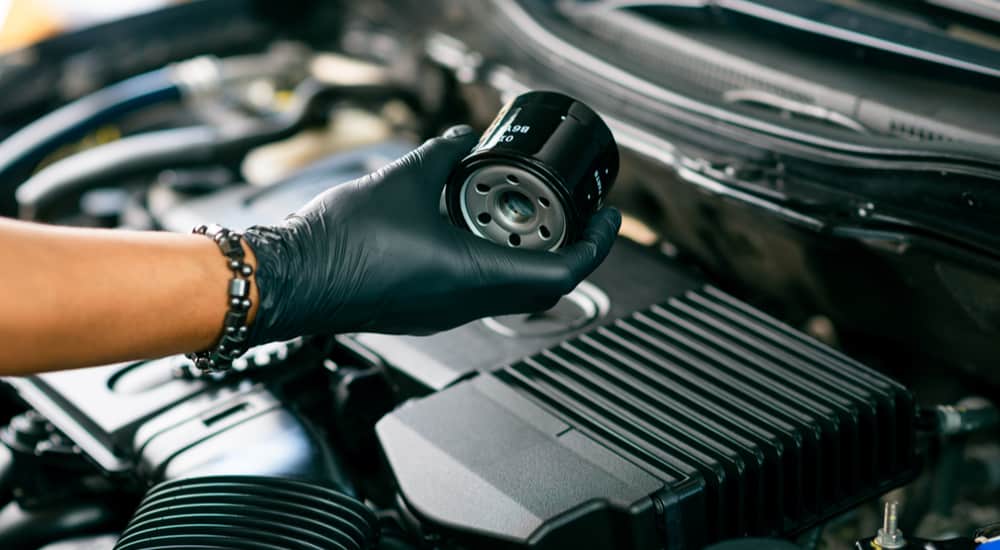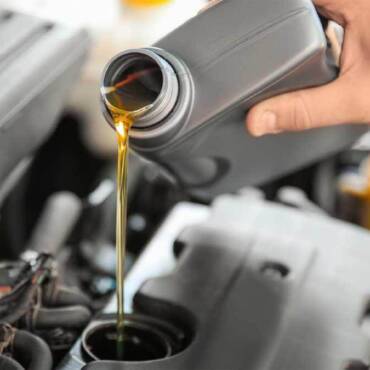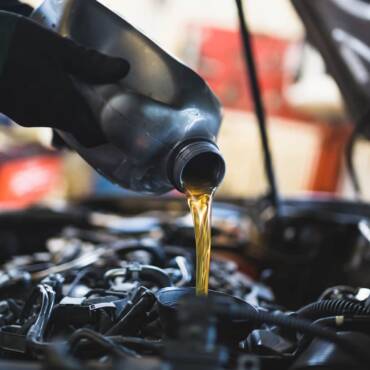Regular maintenance of your vehicle’s engine is essential to keep it running smoothly and to extend its lifespan. One critical aspect of this maintenance routine is changing the oil filter. However, some car owners may be tempted to skip or delay this step to save time and money. In this article, we will explore what happens if you don’t change your oil filter, shedding light on the potential consequences of neglecting this crucial component of engine care.
Understanding the Role of the Oil Filter
To grasp the implications of not changing your oil filter, it’s important to first understand its role in your vehicle’s engine. The oil filter serves as a guardian for your engine’s well-being. Its primary function is to filter out contaminants and impurities from the engine oil. This includes particles of dirt, metal, sludge, and other debris that can accumulate in the oil over time.
The clean oil that passes through the filter is essential for:
- Providing proper lubrication to engine components.
- Reducing friction, wear, and tear within the engine.
- Maintaining engine performance and efficiency.
- Extending the lifespan of your engine.
Consequences of Not Changing the Oil Filter
Skipping or delaying the replacement of your oil filter can lead to several negative consequences:
- Reduced Filtration Efficiency: Over time, your oil filter accumulates contaminants from the engine oil it filters. As it becomes clogged and less efficient, it won’t effectively remove impurities. This results in dirty engine oil circulating through the engine, increasing the risk of damage.
- Increased Engine Wear: The presence of contaminants in the oil can lead to increased friction and wear on engine components. Without clean oil, vital parts such as pistons, bearings, and camshafts can suffer premature wear and damage.
- Decreased Engine Performance: An engine operating with dirty oil is less efficient and may experience decreased performance. You may notice reduced power, sluggish acceleration, and decreased fuel efficiency.
- Potential Engine Damage: Prolonged use of a clogged or inefficient oil filter can lead to severe engine damage. This could result in costly repairs or even engine replacement.
- Shortened Engine Lifespan: Neglecting the oil filter can ultimately lead to a shorter lifespan for your engine. The increased wear and tear can significantly reduce its longevity.
- Poor Fuel Efficiency: Dirty engine oil can lead to poor fuel efficiency, causing your vehicle to consume more fuel than it would with clean oil.
When Can You Skip Changing the Oil Filter?
In some rare situations, you might temporarily skip changing the oil filter:
- Emergency Circumstances: If you find yourself in a bind and changing only the oil is your only option, it’s better to change the oil without changing the filter than not changing the oil at all. However, this should be a short-term solution.
- Short-Term Delay: If you miss the recommended oil filter change interval by a small margin and plan to replace it shortly, it may not lead to significant issues. Nevertheless, prioritize changing the filter as soon as possible.
Conclusion
The oil filter plays a critical role in maintaining your vehicle’s engine health and performance. Neglecting or delaying its replacement can have severe consequences, including increased engine wear, reduced performance, and potential damage. To ensure your engine runs smoothly, and efficiently, and enjoys a long lifespan, it is essential to adhere to recommended maintenance schedules and change both the oil and the oil filter regularly. Your diligence in maintaining your vehicle will pay off with reliable performance and fewer costly repairs in the long run.




